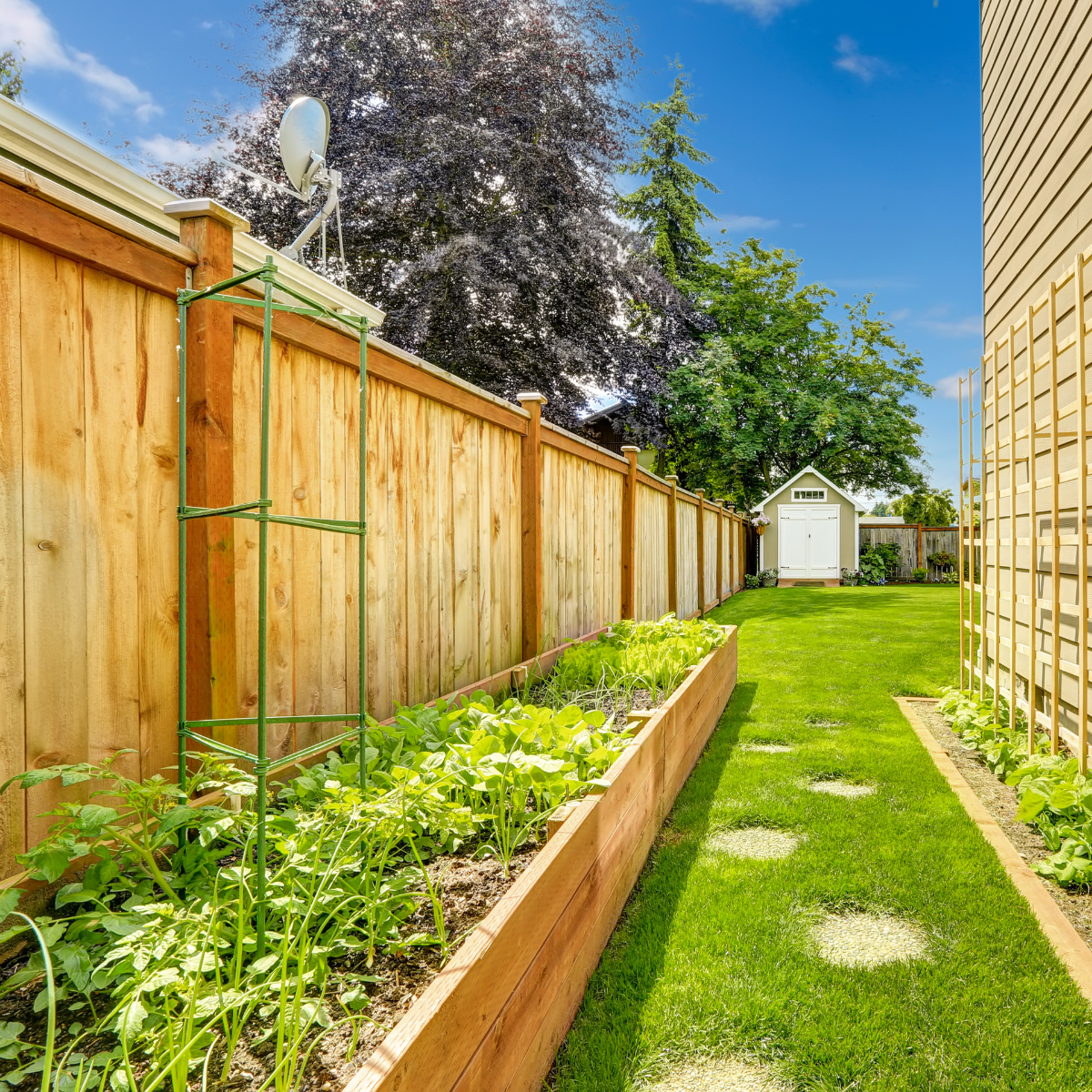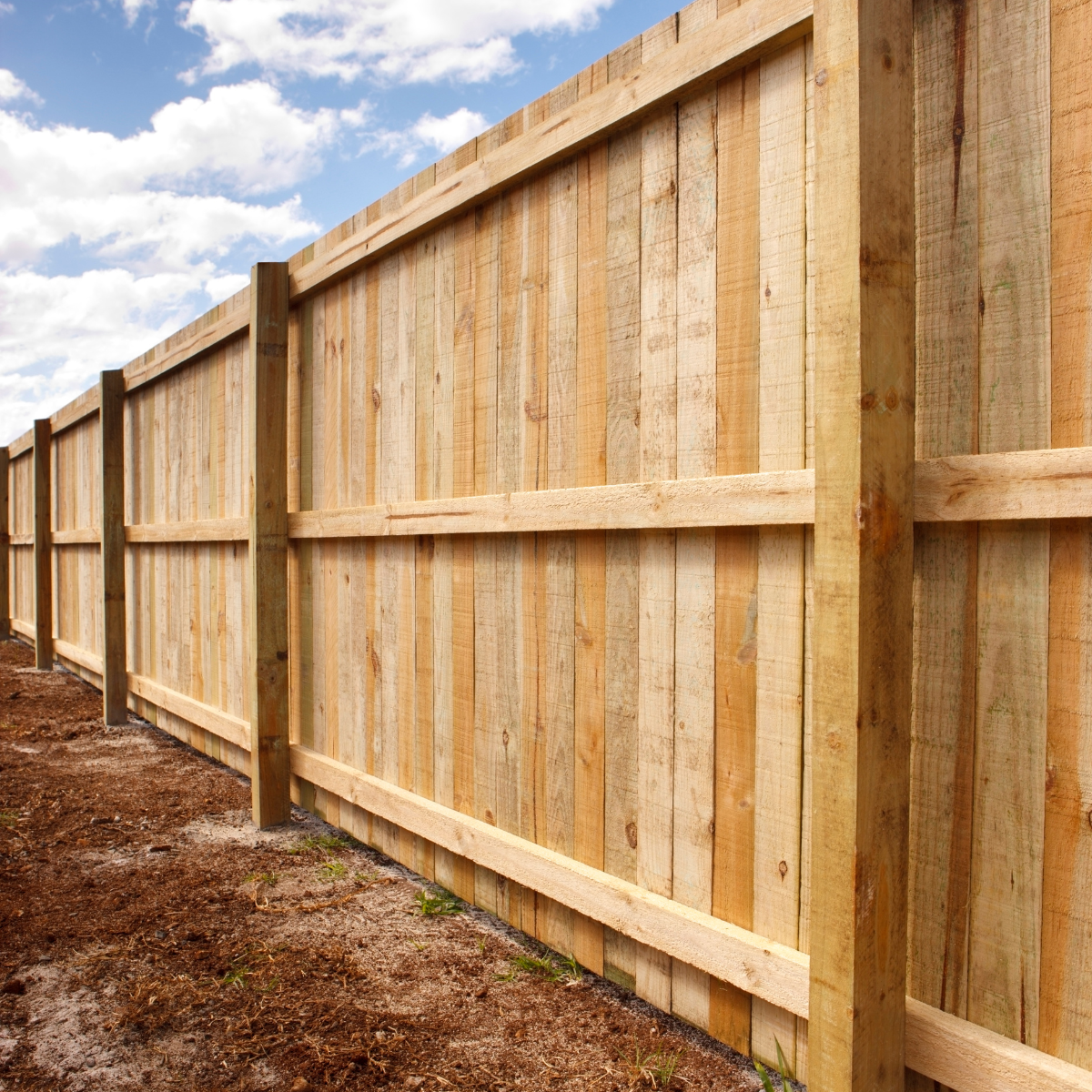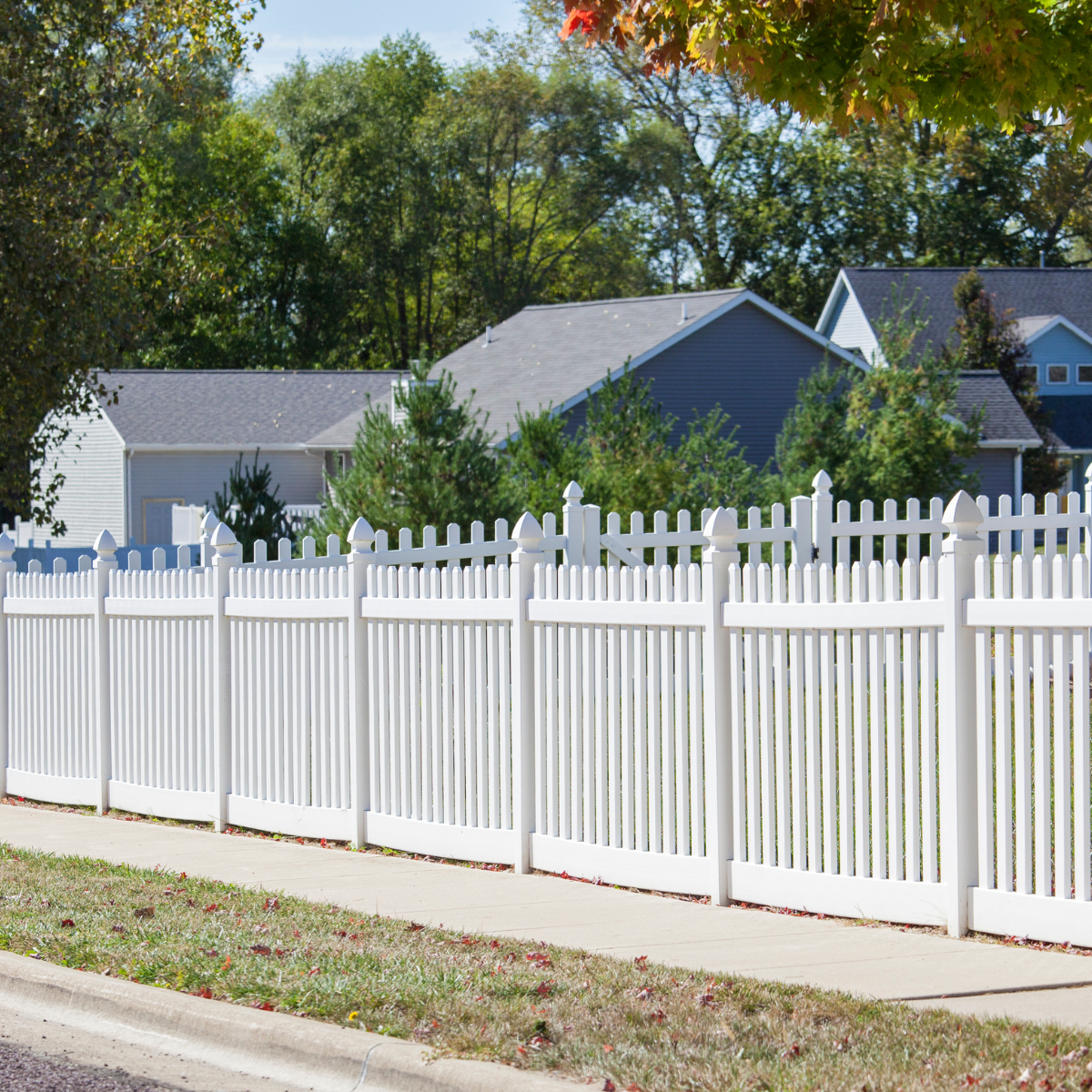How to Choose the Perfect Garden Fence?
A Perfect Garden Fence
A well-chosen garden fence does more than just mark boundaries, it protects your plants, enhances your outdoor space, and adds a decorative touch to your landscape. Whether you want to keep out wildlife, improve privacy, or boost curb appeal, selecting
the right garden fence is an essential step. In this guide, we’ll explore why a garden fence is important, the different types available, and how to choose the best one for your needs.
Why You Need a Garden Fence
Gardening is a rewarding experience, but it often comes with challenges, especially when dealing with pests, wildlife, or privacy concerns. A garden fence offers several benefits:
- Protection from Pests and Wildlife – A fence creates a physical barrier to prevent animals like deer, rabbits, and groundhogs from feasting on your plants.
- Privacy and Security – If your garden is in a high-traffic area or close to neighbors, a fence provides a sense of privacy and security.
- Aesthetic Appeal – A well-designed fence enhances the beauty of your garden and can complement the overall style of your home.
- Boundary Definition – A fence clearly marks the limits of your garden, helping you organize your outdoor space effectively.

Types of Garden Fences
When choosing a garden fence, consider the different materials and styles available. Each type serves a unique purpose and has its own advantages.
1. Wooden Fences
Wooden fences are a classic choice, offering a natural look that blends seamlessly with most landscapes. Popular options include cedar and redwood, which are resistant to decay and insects.
- Pros: Durable, customizable, and visually appealing.
- Cons: Requires regular maintenance, such as staining or painting.
2. Metal Fences
Metal fences, such as wrought iron or aluminum, provide durability and security. They work well for keeping out larger animals and adding a decorative touch.
- Pros: Sturdy, long-lasting, and low maintenance.
- Cons: Can be expensive and may not offer complete privacy.
3. Vinyl Fences
Vinyl fencing is a low-maintenance option that resists weather damage and pests. It comes in various styles and colors to match your garden’s aesthetic.
- Pros: Weather-resistant, easy to clean, and long-lasting.
- Cons: Higher initial cost and less eco-friendly than other materials.
4. Wire Mesh Fences
Wire mesh fences are affordable and practical for keeping small animals out. They are commonly used to protect vegetable gardens.
- Pros: Budget-friendly, easy to install, and effective for small animal deterrence.
- Cons: Less visually appealing and may need reinforcement for larger animals.
Choosing the Right Garden Fence for Your Needs
Selecting the perfect garden fence depends on several factors:
1. Identify Your Purpose
Before choosing a fence, determine your primary goal. Are you looking for protection against animals, increased privacy, or simply a decorative touch? Your purpose will guide your material and design choices.
2. Consider Your Budget
Fencing materials vary in cost. While some options like wire mesh are inexpensive, others like wrought iron or high-quality wood can be costly. Consider both upfront expenses and long-term maintenance costs.
3. Think About Height and Design
The height of your fence will depend on its purpose. A low fence (2-3 feet) can deter rabbits and other small animals, while a tall fence (at least 8 feet) is necessary to keep deer out.
4. Match the Style to Your Home and Garden
Your fence should complement your home’s exterior and garden layout. A sleek metal fence suits a modern garden, while a wooden picket fence enhances a cottage-style yard.
5. Check Local Regulations
Some areas have restrictions on fence height and materials. Before installation, check with local authorities or homeowner associations to ensure compliance.
Conclusion
A well-selected garden fence is both functional and stylish, helping to protect your plants while enhancing your outdoor space. By considering your needs, budget, and design preferences, you can find the perfect fence that meets your requirements and lasts for years to come. Whether you opt for wood, metal, vinyl, or wire mesh, the right fence will keep your garden safe and beautiful throughout the seasons. So, if you want to avail our
fence installation services, don't hesitate to
contact us. We are more than happy to help you.
You might also like
All Rights Reserved | The Matthews Fence Builders Company | Powered by Revio Marketing


